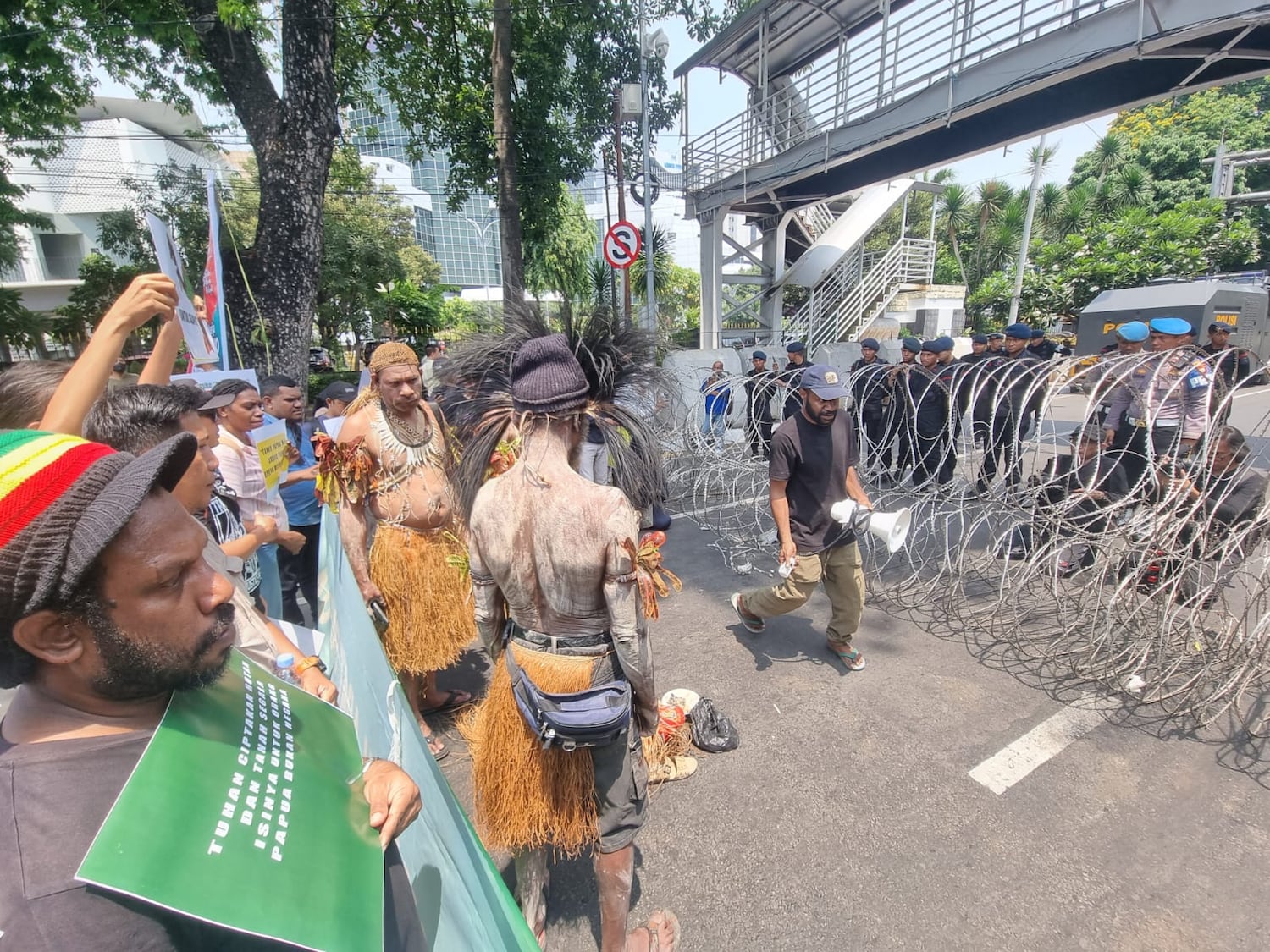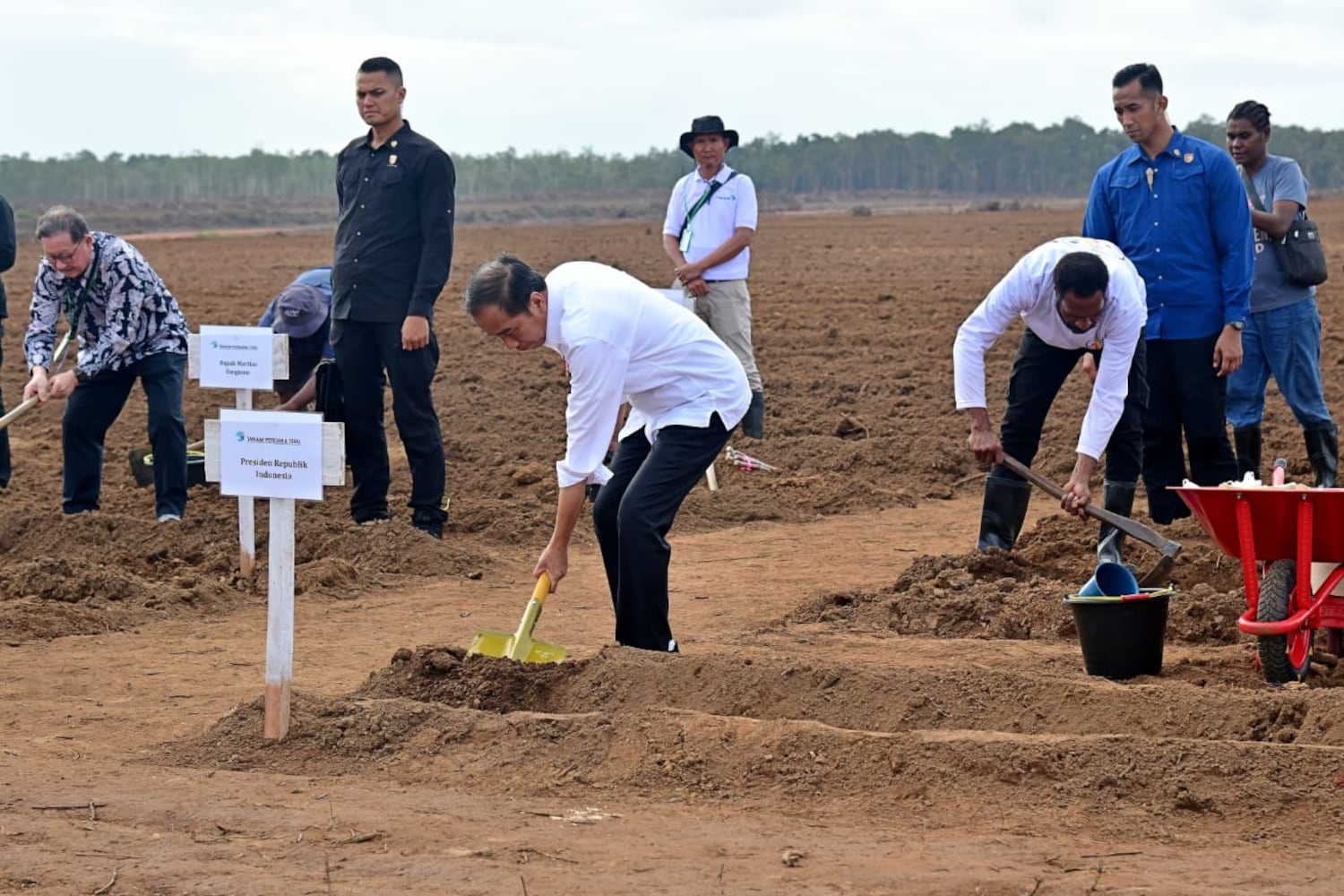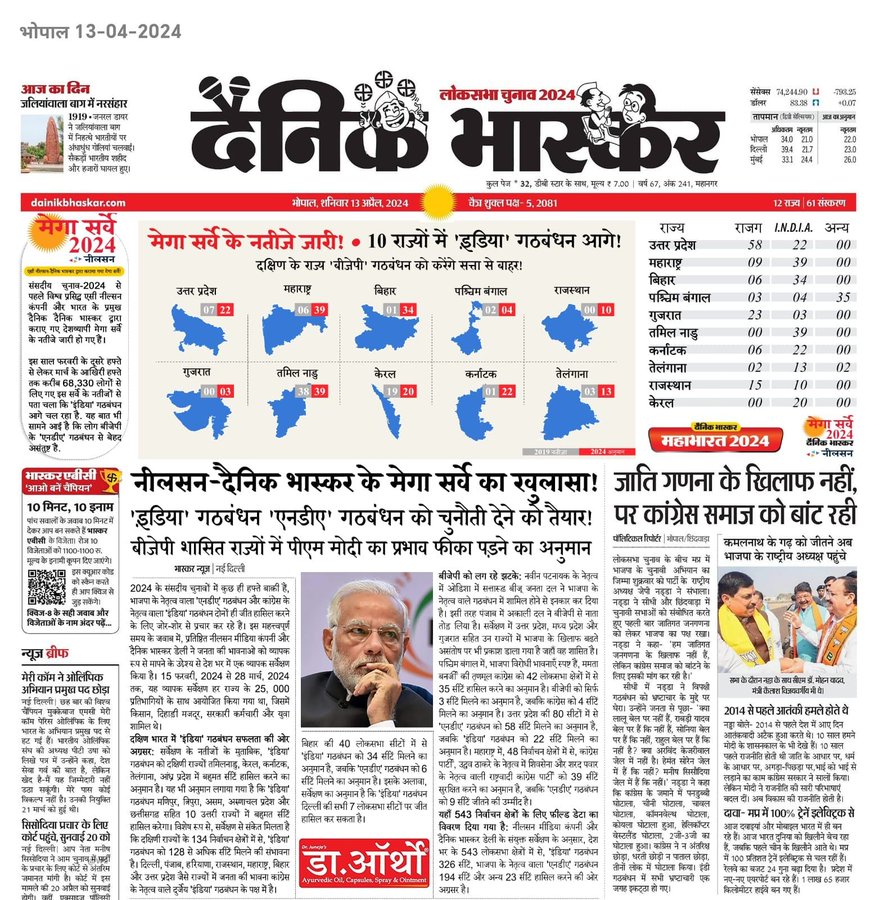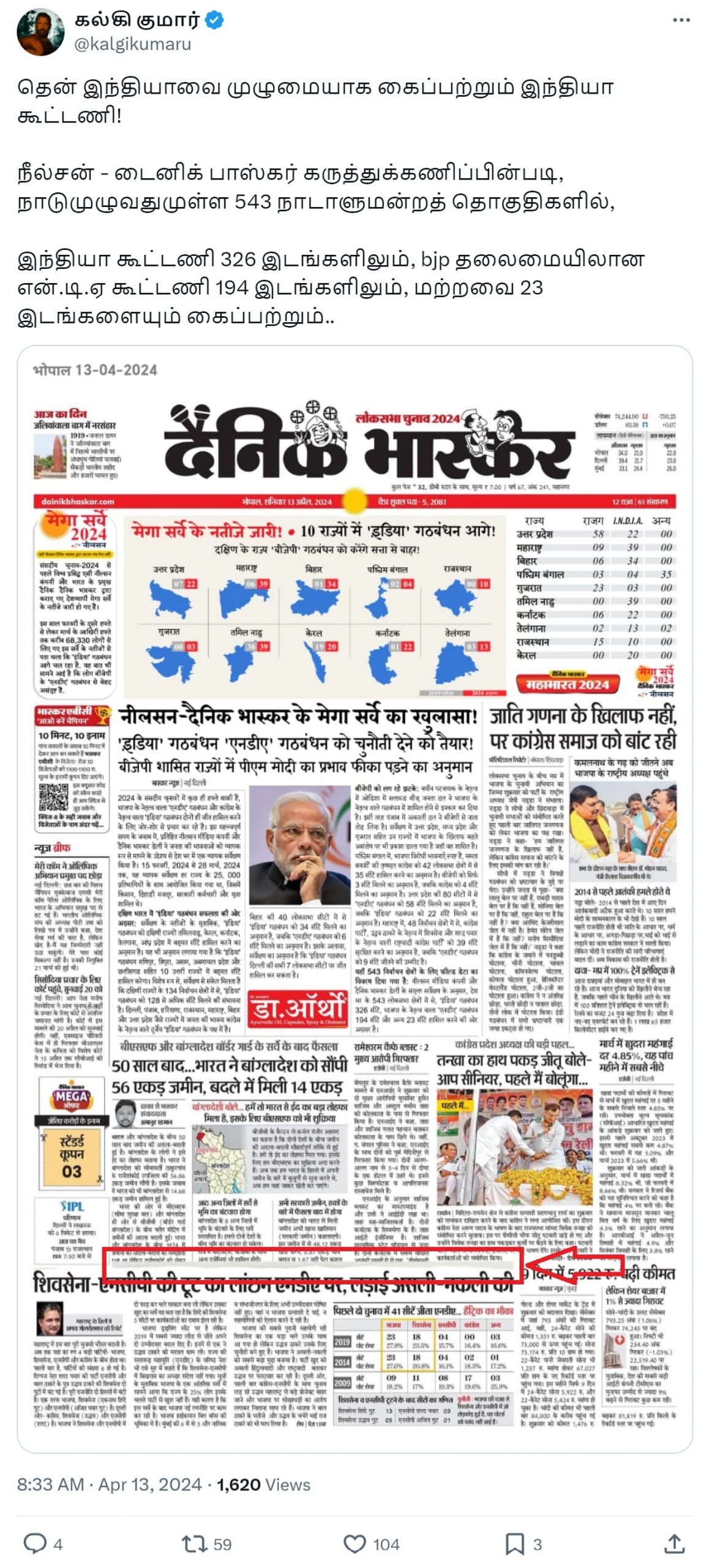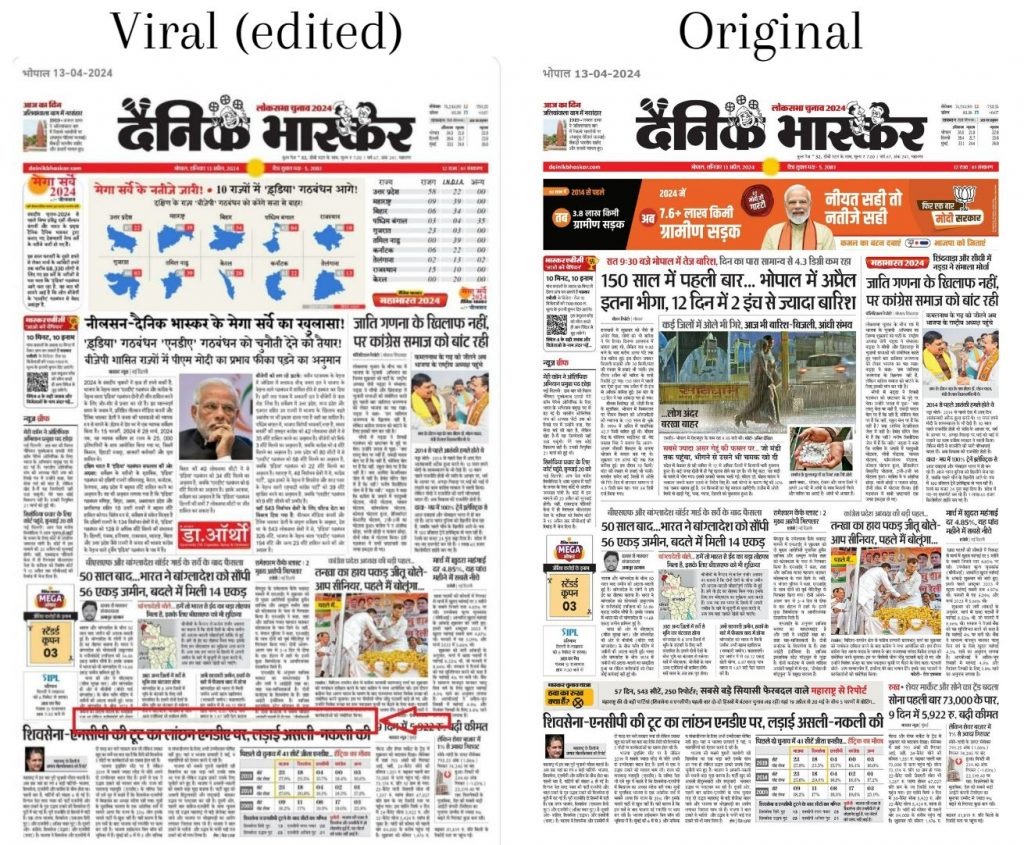A Chinese survey ship has been repeatedly circling within Vietnam’s exclusive economic zone (EEZ) in the South China Sea since mid-June, raising concerns of a potential maritime standoff.
The vessel, named Bei Dao 996, was first tracked by SeaLight, which uses commercially available technology to monitor and expose so-called “gray zone” activities — meaning coercive activities at sea that stop short of triggering a military response. China is often accused of adopting such tactics to assert its sweeping claims over the disputed waters in the South and East China Seas.
On his X account, Ray Powell, director of SeaLight, revealed that the ship came close to Vietnam’s coastline. In response, Vietnam’s fishery surveillance vessel Kiem Ngu 471 closely shadowed the Chinese ship. The two vessels came as close as 80 meters apart, according to Powell, who warned that the encounter carries a “risk of prolonged escalation” between the two countries.
According to calculations by researcher Phan Van Song, area surveyed so far is nearly 2,000 square kilometers (770 square miles) — about 1,100 square kilometers (425 square miles) of which lies within Vietnam’s EEZ, with the remainder falling within the country’s extended continental shelf.
An EEZ extends 200 nautical miles (230 miles) from the coast. It is where a country has sole rights to explore resources but must allow free passage to shipping.
This particular stretch of water of Vietnam is considered sensitive as it lies near Cam Ranh, the nation’s most important naval base and home to its submarine fleet. The survey ship is suspected of conducting dual-purpose activities – scientific research and military intelligence, according to SeaLight.
The Vietnamese government has yet to respond to China’s actions, and state-run media have not reported on the incident.
Article 248 of the United Nations Convention on the Law of the Sea (UNCLOS) stipulates that when conducting marine scientific research in the exclusive economic zone or on the continental shelf of a coastal state, the researching party is obligated to provide the coastal state with full information about the project no later than six months prior to the intended start date of the research.
It appears unlikely that China would notify Vietnam before sending a survey ship. Beijing claims about 80 percent of the South China Sea as its own – an area roughly demarcated by the so-called nine-dash line which overlaps with waters claimed by Brunei, Malaysia, the Philippines, Taiwan and Vietnam. It also overlaps with waters inside the EEZ of Indonesia, although that country does not consider itself a South China Sea claimant.
Speaking to RFA, Phan Van Song, the contributor to the South China Sea Research Foundation, said “no matter what actions Vietnam takes, China will certainly continue its blatant and illegal survey activities.” The foundation was established by Vietnamese experts who focus on UNCLOS and the South China Sea.
In recent years, China has repeatedly sent survey ships into the waters of other countries in the region. According to SeaLight, which was set up by volunteers from Stanford University, these vessels are largely state-owned and typically operate under the guise of civilian or scientific missions, but often engage in covert intelligence gathering or strategic signaling.
During May and June 2024, the Chinese survey ship Xiang Yang Hong 10 remained for nearly a month in Vietnam’s oil and gas fields. In April this year, another vessel, Song Hang, was seen zigzagging between the islands of the Philippines. China also sent a survey vessel into Malaysia’s EEZ in the southern part of the South China Sea in 2023.
These surveys are used to gather intelligence, including seafloor mapping, monitoring foreign military and commercial activities, and improving China’s operational awareness for current and future contingencies, according to an analysis by SeaLight.
Experts say China’s gray-zone tactics have proven successful, allowing Beijing to advance its maritime claims while disguising its activities as civilian operations. This approach helps avoid direct military confrontation and limits the ability of other countries to respond effectively.
A good way to counter China’s tactics is through “maritime transparency,” according to Powell, who believes that exposing China’s actions as they occur helps clarify their gray-zone strategies and their impact on regional security.
Translated by Truong Son. Edited by Mat Pennington.
This content originally appeared on Radio Free Asia and was authored by Du Lan for RFA Vietnamese.
This post was originally published on Radio Free.
